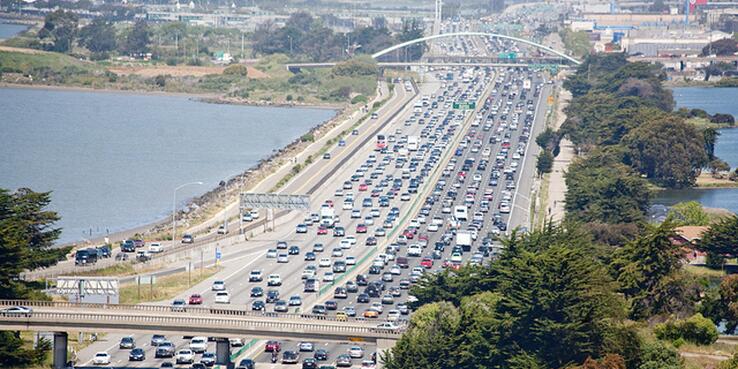A recent editorial by the Regional Plan Association cites this sobering stat (from the Institute of Electrical and Electronics Engineers) to make the argument for a higher tax on gasoline as a way to both reduce carbon emissions and raise revenues in a time of huge fiscal shortfalls. Connecticut Governor Dannel Malloy recently included a three-cent-per-gallon increase in the gasoline tax in his proposed budget, but the legislature cut the measure. Attempts to raise the national gasoline tax, or to enact a cap-and-trade system, have been rejected even more quickly.
The RPA calls this penny pinching short sighted, suggesting that we'll look back on this era of history as a time when oil extraction peaked and demand grew — a recipe, ironically, for drastic increases in gas prices. The editorial argues that governments, both local and national, must take action if our country is to reduce its dependency on oil. Facing their current fiscal crises, most governments cannot offer the carrot of improved public transportation options without paying for them with the stick of taxing car use. Until then, the problems stemming from fossil fuel consumption, including pollution, congestion and climate change, will continue to worsen.
Read the RPA's editorial>>
